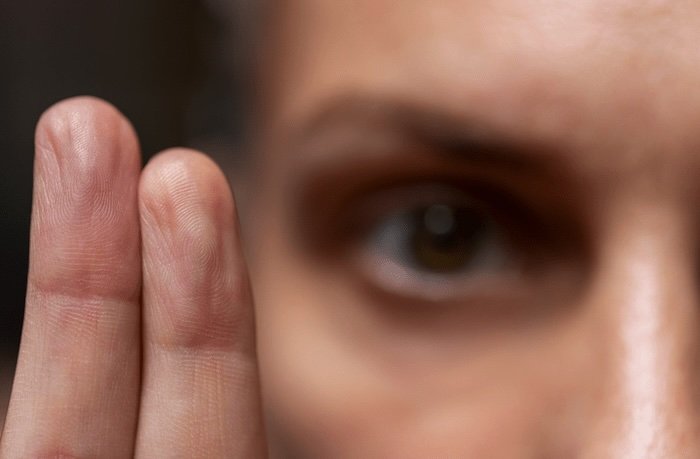How Does EMDR Work If You Can't Remember the Trauma?
Ever wonder how EMDR therapy could help you if you can't even remember the trauma you experienced?
EMDR therapy is an approach initially developed for people living with PTSD. It's not your typical "lie on the couch and talk" therapy. Instead, you'll engage in bilateral stimulation—moving your eyes from side to side. As you recall distressing events, your therapist guides your gaze using light, hand movements, or objects. This unique process helps you process traumatic experiences more effectively.
But what if you can't recall the traumatic event? Will EMDR still be effective?
Surprisingly, it's still effective. Your brain stores trauma in various ways, not just conscious memories. EMDR taps into these hidden impacts, processing them even if you can't verbalize the experience.
What if You Can’t Remember Your Trauma?
It's quite common and often part of your mind's protective mechanism. Your therapist is well-prepared for this possibility. EMDR can still be effective, as it works with your brain's natural healing processes, even when specific memories aren't accessible. Trust the process and your therapist's guidance.
Your Therapist Doesn’t Need to Hear Every Detail
As you navigate EMDR therapy, remember that your emotions take center stage. Your therapist isn't looking for a perfectly accurate play-by-play of events. What matters most is how you felt during the experience and how those feelings impact you now. Don't stress about recalling every detail—focus on expressing the emotional core of your trauma.
Your Body Remembers What Your Mind Doesn’t
You might think you've forgotten your trauma, but your body hasn't. During EMDR, you may be surprised to find memories surfacing that you didn't know were there. Your therapist's guidance can unlock these hidden recollections, helping you process experiences your conscious mind couldn't grasp. Your body has kept a secret diary, and EMDR enables you to read it.
Preparation May Uncover New Memories
As you prepare for EMDR therapy, you might be surprised to find forgotten memories resurfacing. This process often begins before your first session as you reflect on past experiences. Don't be alarmed if new details emerge—it's a normal part of the journey. Your brain may be starting to unlock information it had previously tucked away for protection.
Don’t Worry About Perfect Accuracy
Your memories don't need to be crystal clear for EMDR to work. In fact, it's totally normal if some details feel fuzzy or out of focus. Your therapist understands that trauma can affect memory, and they're not expecting you to recall every single detail. What matters most is working through the emotions and sensations associated with your experiences, even if the specifics are a bit blurry.
EMDR Doesn’t Center Around Talk Therapy
Unlike traditional therapy, EMDR doesn't rely on you verbally recounting your trauma. Instead, it focuses on your body's physical responses and eye movements. You don't need to remember or discuss the specifics of your experiences. This makes EMDR particularly useful for those with repressed memories or who find it difficult to talk about their past.
Your Therapist Is Prepared
Rest assured, EMDR therapists are well-versed in working with clients who can't clearly recall their trauma. It's a common situation. Many survivors suppress details as a protective mechanism. Your therapist won't push you to describe false memories or exaggerate your experiences. They're trained to support you, even with limited recollections, using techniques tailored to your unique situation.
So, even if you can't recall specific traumatic memories, EMDR can still be an effective tool in your healing journey. Tapping into your body's natural processing abilities helps rewire those neural pathways and release stored trauma. Book a consultation with us today to learn how EMDR therapy how can help you.

